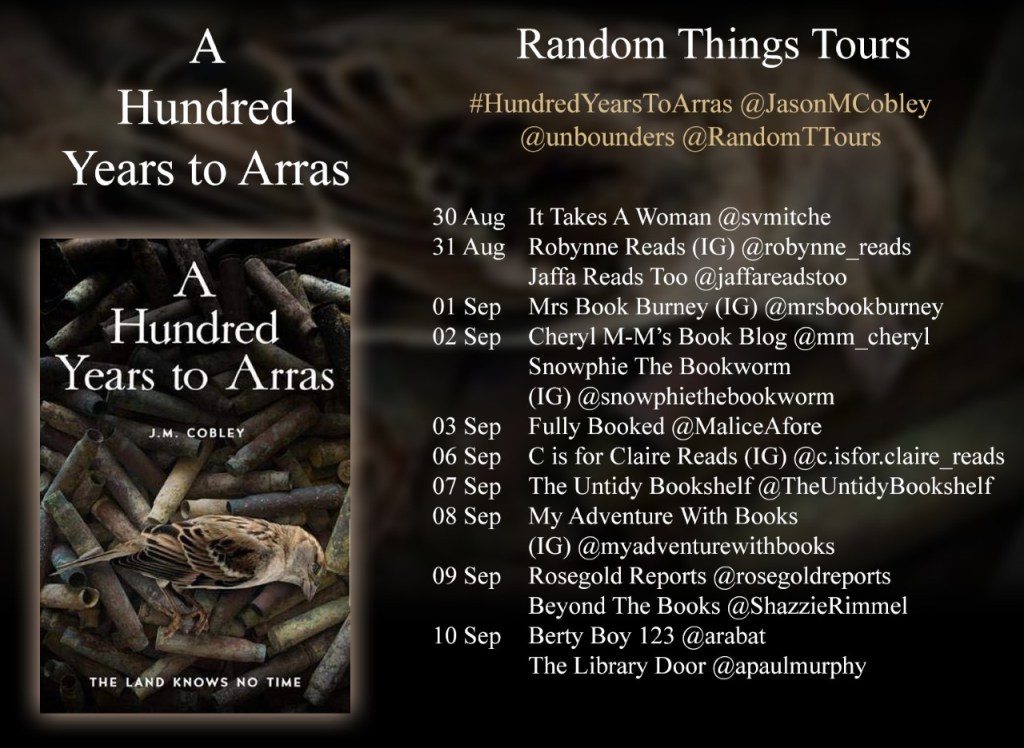I’ve enjoyed the chance to review several novels set in war time for this blog. Some of the books have been romance stories such as the Dressmaker of Paris, by Georgia Kaufmann and While Paris Slept by Ruth Druart. Most have been thrillers such as Liberation Square , by Gareth Rubin The American Agent, by Jacqueline Winspear, and Ben Pastor’s The Horseman’s Song. War provides a great background to any story with ready-made elements of danger and villains. This months second book review is a detective thriller set in WW2, and whilst I may have initially thought this would re-tread of familiar territory, I was pleasantly surprised.The book is of Blackout by Simon Scarrow and published by Headline (www.headline.co.uk) on the 24th September .
Blackout is set in Berlin at the beginning of WW2, while Hitler is invading Poland and undertaking ‘peace’ negotiations with Britain and France. Every aspect of German life is run and ruled by the Nazi Party including the police force. Paranoia is intensified by the blackout which plunges the city into darkness every night. When a woman is murdered, Criminal Inspector Horst Schenke is under pressure to solve the case. Treated with suspicion by his superiors for failing to join the Nazi Party, Schenke walks a perilous line – for disloyalty is a death sentence. When a second victim is found and the investigation takes him closer to the sinister heart of the regime, Schenke realises the warring factions of the Reich are as dangerous as the killer.
What you quickly realise about this book, is that it has all the things you’d expect to find in a standard detective novel. A smart, but isolated lead character, with a medical disability. Which makes him somewhat unique to the usual suspects in this genre , who are usually burdened with a mental health or addiction problem; there’s also a stalwart team of lower ranking staff; difficult superiors, and a love interest. Not forgetting the politics and a public who have biased views of certain other people .
However, Scarrow’s knowledge of the workings of the Reich, the paranoia amongst the public, and the level of bullying, make this book stand out from its peers. He does also show the misery of the cold winter and deprivations faced by the general public, many of whom had little appetite for another war. The persecution of the Jewish people of course come up and here we see the moral dilemma faced by Schenke. While also seeing his frustration at wanting to follow the evidence but being thwarted by politics and those wielding the power.
This book is very technically correct but Scarrow has converted some of the German job titles in the Krippo to their English counterpart to make it easier and more familiar for the reader. At heart this plot could have been set in any era including modern times but the war time background added layers of tension, intrigue and interest for the reader as well as leaving you feeling you had learned a little more of the social history of that period and place. It was interesting to hear of the hardships and fears faced by the German public, when we’re mainly aware of the Londoner’s in the Blitz etc.
Schenke is a great new addition to a list of great cerebral detectives like Morse and Adam Dalgleish. while we are also introduced to a number of interesting chracters on his team, like the OCD Liebwitz, and the loyal Sergent Hauser. I hope to see all develop further in future stories. And what of Katrin, Schenke’s girlfriend with her outspoken views? Will their romance go the course or cause more drama?
This is english author Simon Scarrow’s (www.simonscarrow.co.uk) thirty fourth book, the majority are historical fiction, and Most of have been top of the Sunday Times bestseller lists. On leaving school he followed his love of history by becoming a teacher, before taking up writing full time. His Roman era Eagles of the Empire series sold over 4 million copies of the books in the UK alone and his work has been translated into 24 languages. He lives in Norfolk.
Blackout is highly recommended by The Library Door. It should appeal to fans of detective fiction and historical thrillers. It also joins the many crime stories set at Christmas so will make an ideal Christmas present for the crime fan in your circle.
Reviewed by: Georgina Murphy
This book review is part of a Random Things Blog Tour. To see what the other reviewers thought of the book, visit their blogs listed below. Then if you get a copy, comeback and tell us what you thought. We’d really appreciate the feedback.





